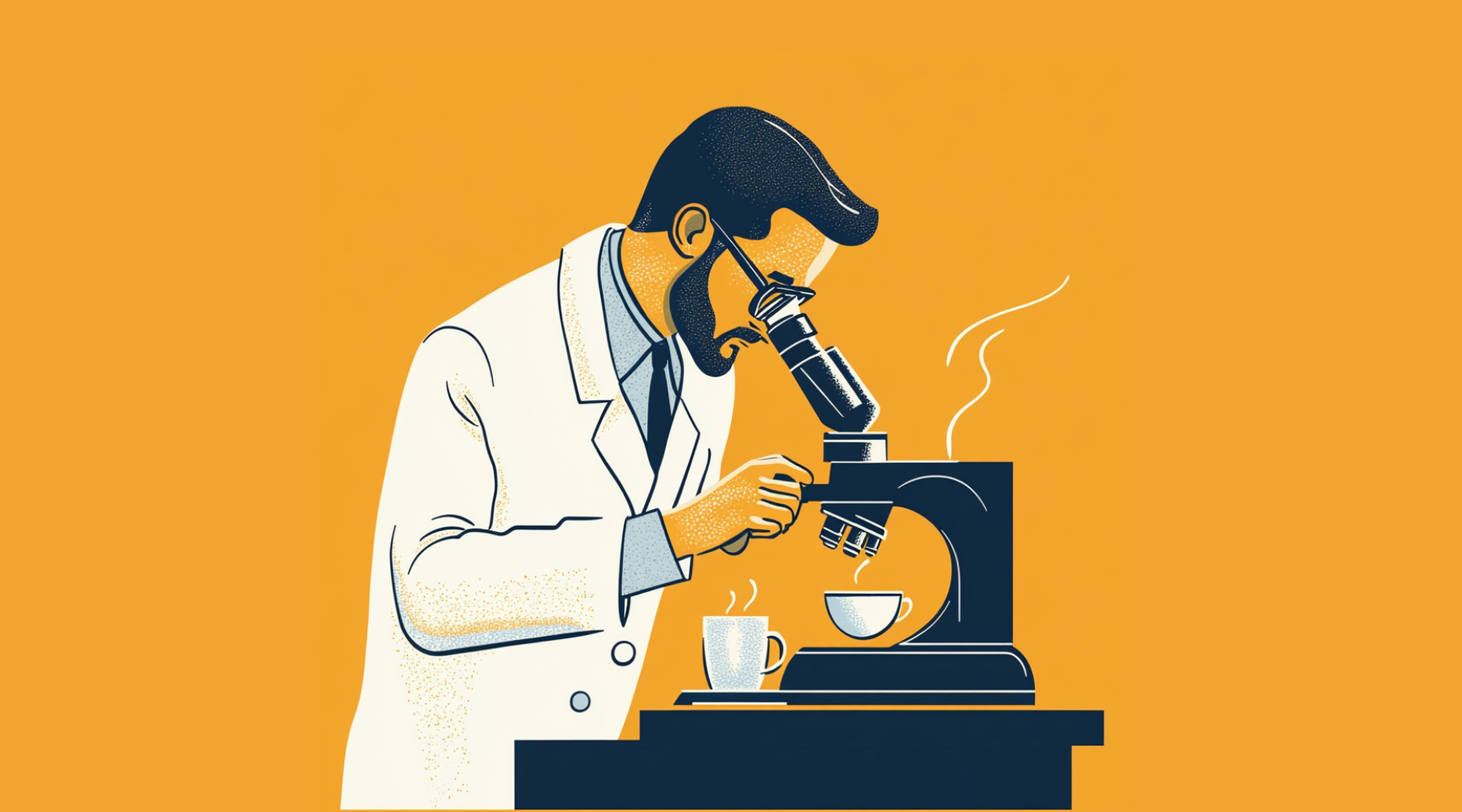Adam’s Journal
I just read about a new study that linked drinking coffee to aging healthily. Starbucks and Folgers must have pretty good PR people because I’ve lost count of how many times I’ve seen similar headlines over the years. Are the health benefits of coffee real, or is this marketing masquerading as science?
Dr. Scofield Prescribes
The new research is real. And while the study has yet to be peer-reviewed by scientists or published in a research journal, it appears to be based on rigorous science.
The work also adds to an ever-increasing body of evidence that coffee can boost our health and help stave off disease.
However – and it’s a big however – nearly all of these studies, including the latest one, have a major limitation. They are what we call observational studies. That means they rely on people’s reports of their own behavior and can’t prove cause and effect.
In the newest study, researchers followed 47,000 nurses beginning in the 1970s. By 2016, only 3,700 of the original study participants met the researchers’ definition of “healthy aging:” aged 70 or older, good physical and mental health, no cognitive or memory problems, and free of cancer, heart disease, and nine other chronic illnesses.
Using questionnaires the women had filled out periodically over four decades, the researchers identified a correlation between how much caffeine the women drank between the ages of 45 and 60 and the chances they’d end up in the healthy aging group. When the scientists eliminated many other variables that could affect aging – things like exercising and overall makeup of their diets – they found that those who consumed the most caffeine were 13% more likely to age healthily than those who consumed the least.
When the scientists parsed the data more closely, they found that drinking tea, another source of caffeine, did not link to healthy aging. This could be because tea contains less caffeine than coffee. But it also could be because tea contains different compounds than coffee, suggesting that the results may not have to do with caffeine alone but with other chemicals in coffee.
Similarly, those who drank soda, another source of caffeine, didn’t show increased chances of aging healthily. In fact, they showed significantly decreased odds, no doubt related to how much sugar is in soft drinks.
Quite a few other observational studies have drawn a line between regular coffee drinking and a lower risk of early death. In May, the latest one found that people who drank three or more cups a day were about 15% less likely to die over the next decade compared to those who didn’t drink coffee. But that benefit disappeared for people who added either a significant amount of sugar or saturated fat to their coffee.
If you’re a coffee drinker, you can take heart from these studies. But go easy on the cream and sugar.
If you don’t partake, no need to start now. I don’t think the evidence for health benefits is strong enough to justify a coffee habit, especially when it can lead to sleep problems, jitteriness and gastrointestinal issues like reflux. There are plenty of other tried-and-true ways to boost your health.
–
Dr. Hal Scofield is a physician-scientist at the Oklahoma Medical Research Foundation, and he also serves as Associate Chief of Staff for Research at the Oklahoma City VA Medical Center. Adam Cohen is OMRF’s senior vice president and general counsel. Send your health questions to contact@omrf.org.



